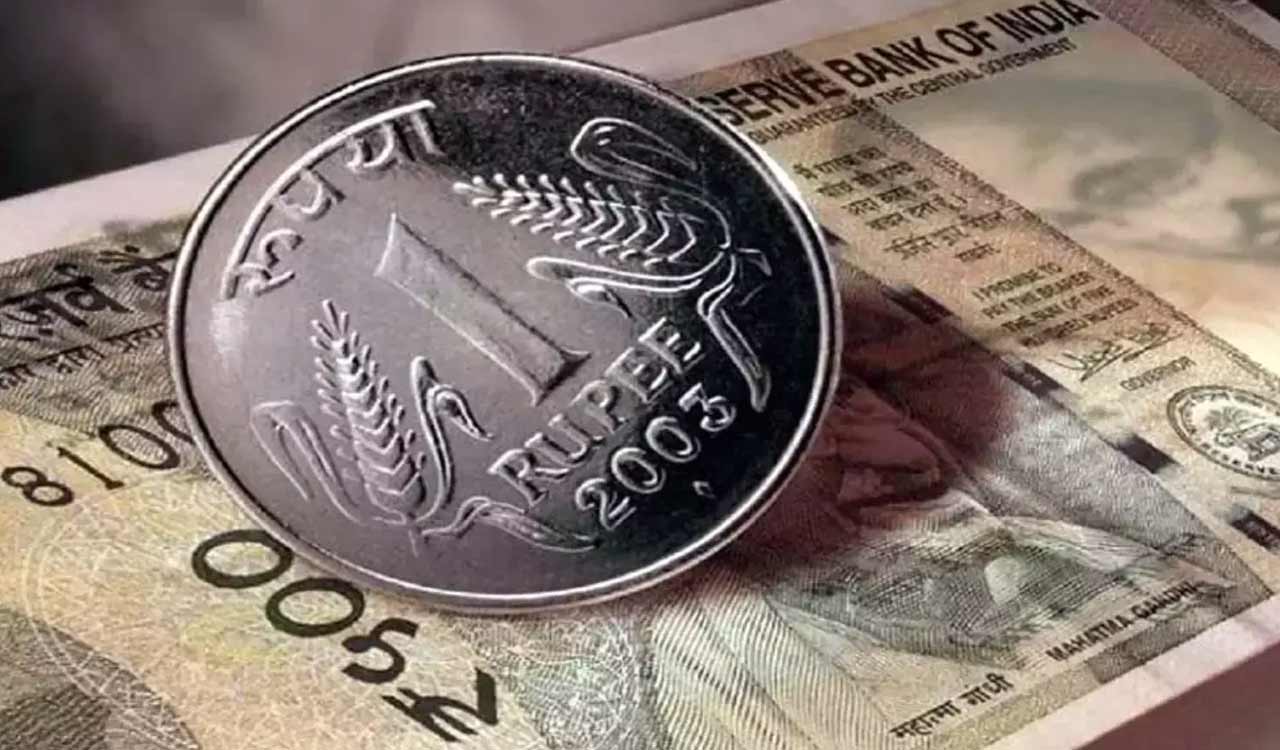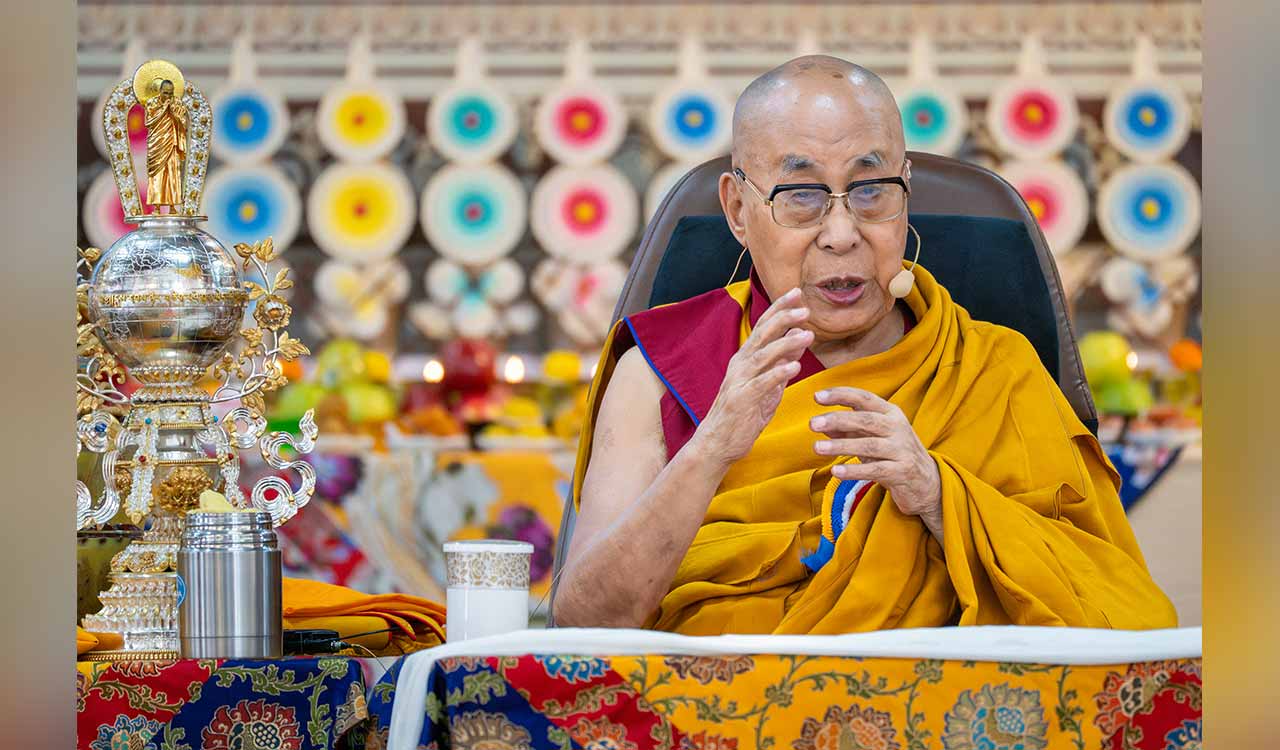Opinion: Hollywood bends to Beijing, K-dramas go global — How South Korea beat China at soft power
China’s quest for soft power faces the CCP’s hurdle of tight control, while South Korea’s dramas connect across borders

By Dr Gunjan Singh
The story so far: Hallyu — which in Chinese means ‘Korean Wave’ — denotes the growth of Korean pop culture across the world since the 1990s. The popularity of Squid Game, Oscar-winning Parasite, BTS, among others, are examples of how the K-wave has swept across the world. As Joseph Nye, who coined the term soft power, argued, it is the ability to influence others without the use of coercive measures. Every country has its version of soft power, with varying degrees of success.
The idea and impact of South Korea’s soft power, especially with respect to China, is in the news again, given the recent Chinese reactions towards the dialogue in the K-drama Tempest, a spy romance starring Jun Ji-hyun. The dialogue that has led to the uproar is: “Why does China prefer war? A nuclear bomb could fall near the border”.
Now, Jun is being trolled by Weibo users, who are calling for the continued banning of K-dramas in China, which have been in place since 2016. K-wave fans might be found around the world, including millions of Chinese — but that does not include the Chinese Communist Party (CCP).
China’s Strategies
Over the last few decades, China has worked towards adopting and employing soft power. However, it seems that Beijing, though hoping to strengthen ‘soft power’, has yet to understand the essence of this idea.
To strengthen its image and influence through soft power, China, under Xi Jinping, has adopted a policy of ‘telling the China story better’. Beijing has pumped billions of dollars to push a certain sanitised narrative about China, employing methods like buying foreign media outlets and also establishing Chinese media outlets abroad, especially within countries with large Chinese diaspora.
One of the major successes of this push is seen in Africa. Beijing has started investing in advertising and has provided cheaper satellite access to many African countries. Almost 9,600 African villages have received digital TV access and satellite infrastructure that broadcasts Chinese shows and propaganda. China has employed similar strategies in Latin America, South Asia, and Southeast Asia.
It has encouraged the establishment of Confucius Institutes (CI) too. The CIs, along with the China Cultural Centre programmes, are also an important part of Xi’s goal of telling China’s story well and promoting a positive narrative. China today has 44 CIs in Latin America and 61 in Africa, though, they have failed and been mired in controversies in other parts of the world.
Beijing’s ban on Tempest proved a blessing in disguise, pushing Korean dramas to expand their reach beyond China
Even after spending billions of dollars to strengthen soft power, the CCP’s tight control is one of the biggest hurdles. The Party’s focus on pushing its own agenda and using these tools to portray a sanitised and acceptable image of itself has also limited the appeal. Fu Ying, former Vice-Minister of Foreign Affairs and Chairperson of the Center for International Security and Strategy of Tsinghua University, in an article in China Daily, asserts, “We should form a narrative style with Chinese characteristics that gives China a distinctive voice that can be heard and understood in international discourse”.
Influencing Hollywood
Beijing has successfully managed to extend its influence to Hollywood. As one of the largest markets for Hollywood films today, China has continued to flex its muscle and has pushed for required censorship. It has continued to weaponise its market size and has thus managed to decide what kind of movies Hollywood should produce, as it continues to limit the number of movies that will be allowed to screen in China.
The challenges and career hurdles faced by Richard Gere due to his support for the DalaiLama and the Tibetan cause is well known. More recently, the blurring of the Taiwanese and Japanese flags on Tom Cruise’s jacket in Top Gun: Maverick underscored Chinese control over Hollywood narrative. China is making it abundantly clear that to access the Chinese markets, Hollywood will have to tow Beijing’s line.
Ban on K-dramas
Such actions and overhyped nationalism further challenge the idea of Chinese soft power. When it comes to the K-wave, one can argue that the ban, which was imposed in 2016, has pushed the industry to look for other alternatives. Prior to the ban, China was one of the most prominent destinations for Korean movies and TV series. As per the Korean Film Council (KOFIC)’s 2016 report, in 2015, the value of Korean movies being exported to China was around USD9.2 million (which was 31.5 per cent of total revenue from exported films). But by 2019, the revenues generated from Chinese markets stood at only around 3.1 per cent.
In retrospect, the ban can be regarded as a blessing in disguise for K-dramas. The fact that they had to look for an alternative to the Chinese market made them the global force that they are today. Despite the ban, the recently released K-drama When Life Gives You Tangerines is one of the most illegally downloaded shows in China.
Lags Behind South
A comparison of Hollywood and the Korean film industry shows how proximity and dependence on Chinese markets have played an important role in their development. For Hollywood, China is today one of the largest revenue generators, and, thus, it can arm-twist it into self-censorship. While for K-dramas, the initial shock helped it expand globally. Today, Korean actors, cosmetic brands, and electronics are global names, commanding a fan following of their own.
China could have learnt and used its large economic clout to build on its own soft power, but the CCP’s tendency to command and control has proven to be an impediment — a reason why Chinese soft power is still weak, and its propaganda bland.

(The author is Associate Professor, OP Jindal Global University)
Related News
-
Peddapalli: Over 30 Balasadan students fall ill, four hospitalised
20 seconds ago -
Opinion: Vande Mataram — reclaiming Bankim Chandra’s moral rights
5 mins ago -
Intermediate exams: TGBIE orders wall clocks, dual desks in centres
8 mins ago -
TSWRTA demands EHS benefits for Gurukul staff
15 mins ago -
Tribal Welfare Officer issues notices after hostel food row in Narayankhed
24 mins ago -
HYDRAA team faces resistance during demolition drive in Khanamet
28 mins ago -
Editorial: Dhaka’s moment of reckoning
49 mins ago -
India moves to buy 114 Rafale fighters in mega defence push
52 mins ago




